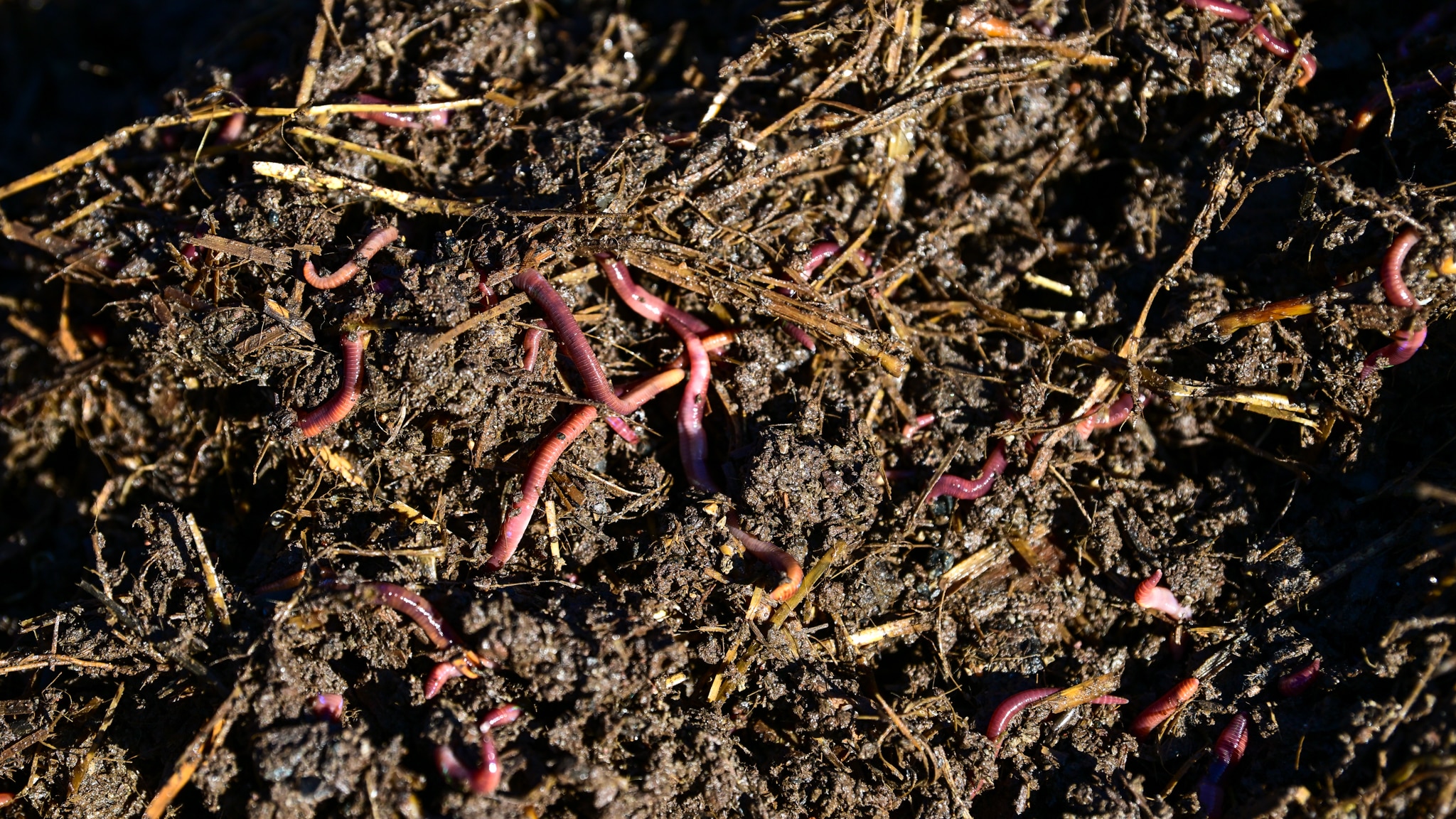New research about the role ammino acids play in plant immunity, has the potential to support farmers to increase profit and production health.
Emerging white papers on the importance of amino acids in plant immunity are highlighting the subtle role amino acids play in protecting plants from pests and disease.
The research is shedding light on the complexity of amino acids, how they are formed and their function in building immunity in plants. It is now more widely known that amino acids are formed from organic matter and soil microbes. Soils depleted in organic matter and soil biology has less amino acid making capabilities, a liquid biostimulant such as NutriSoil can support in these environments.
Amino acids are the key building blocks of many complex molecules that work together to build immunity in plants, as well as assisting plant growth. A plant’s genetic expression provides the blueprint to determine how the amino acids fold together, this structure defines the function, ie whether it is a hormone, enzyme, antiviral and antifungal agent, or perhaps a signaling product.
While genetics plays a major part in amino acid expression, environmental conditions can impact on how amino acids form and therefore their function, if environmental conditions are poor this can be detrimental to plant health.
To assist plants in immunity against fungal and viral attacks, as well as protection against pests, and resistance to heat and cold stress, amino acids need an environment supportive of their genetic expression. NutriSoil’s concentrated vermiwash contains an abundance of amino acids and can help increase immunity, protection and resistance.
NutriSoil biological solution is made using a unique vermiculture recycling system, the concentrated vermiwash produced can be used to build plant immunity. Used as a seed inoculant or as a foliar application NutriSoil contains both microbes and amino acids which help plants build their immunity so they can better withstand pest and disease attack, along with building resistance to heat and cold stress.

